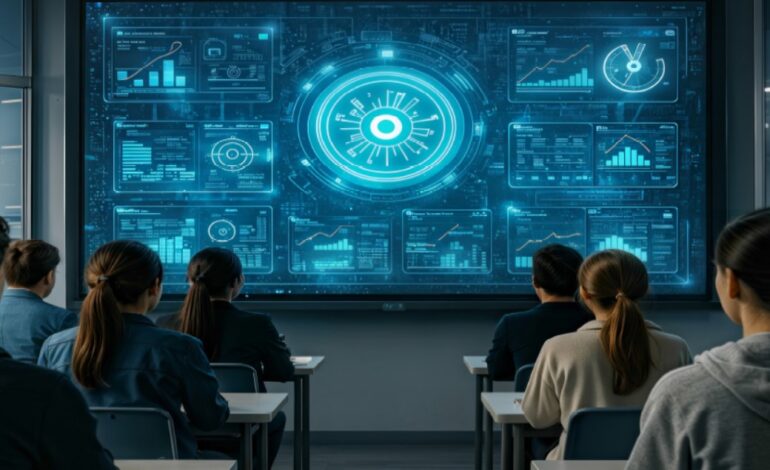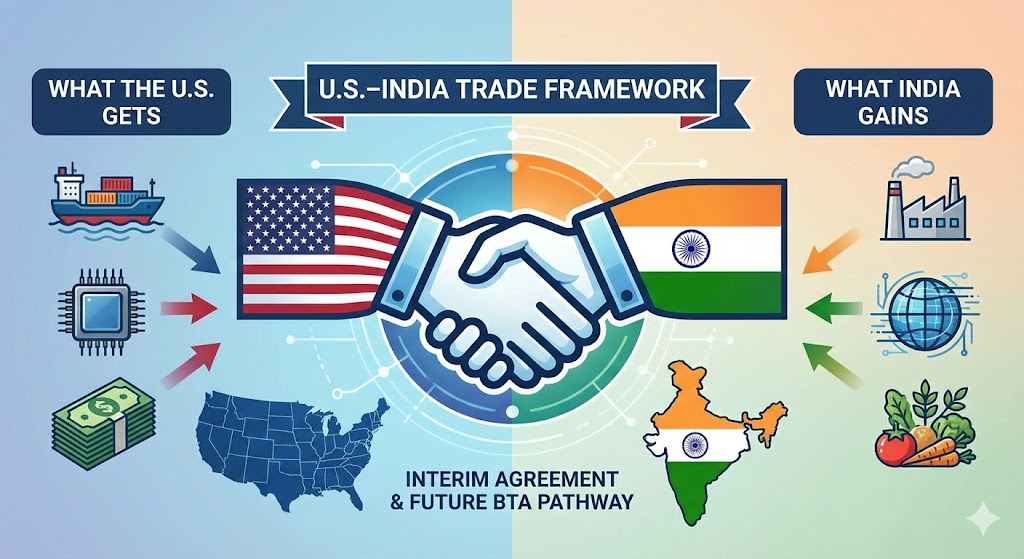AI Must Power India’s Education Transformation to Achieve Viksit Bharat Vision, Says EY–ASSOCHAM Report

As India positions itself as a global digital leader, the integration of AI into education is increasingly seen as central to achieving the goals of Viksit Bharat by 2047.
New Delhi, July 22: India must urgently embrace Artificial Intelligence (AI) as a core pillar of its education reform strategy to build a future-ready, inclusive, and personalized learning ecosystem, according to a new report released jointly by EY India and ASSOCHAM.
Titled “AI as a Catalyst for Education Delivery”, the report outlines how systemic AI adoption can drive the country’s long-term Viksit Bharat@2047 vision, by enhancing foundational learning, empowering educators, and supporting regional inclusion—particularly in India’s Eastern and North-Eastern states.
“AI can do for education what mobile phones did for communication in India—it can make access universal, personalized, and truly transformative,” said Vikas Aggarwal, Partner and Education Sector Leader – Government Public Sector at EY India. “We’re witnessing a shift away from rigid, one-size-fits-all models towards more adaptive, multilingual and data-informed approaches.”
Key Highlights of the Report:
- Personalized learning: AI tools are enhancing education delivery by adapting to student learning styles and enabling multilingual content access, especially in vernacular languages.
- Teacher enablement: AI-powered platforms are supporting educators with tools for classroom management, assessments, and student engagement.
- Institutional decision-making: AI is being deployed across processes like admissions, performance tracking, and employability forecasting to improve learning outcomes and efficiency.
- Digital inclusion: The report emphasizes the potential of low-bandwidth AI innovations to bridge connectivity gaps in under-served rural and remote areas.
Call for Cohesive Implementation
The report advocates a long-term, ethical, and scalable approach to AI integration in education, moving beyond pilot projects. It recommends aligning efforts with the National Education Policy (NEP) and fostering collaboration among policymakers, educators, and technology providers to build a robust, AI-enabled education ecosystem.
Crucially, the report urges stakeholders to view AI not merely as a technological upgrade but as a strategic enabler of systemic transformation, one that can democratize access to quality education and equip India’s 250 million learners for the future.
As India positions itself as a global digital leader, the integration of AI into education is increasingly seen as central to achieving the goals of Viksit Bharat by 2047.








